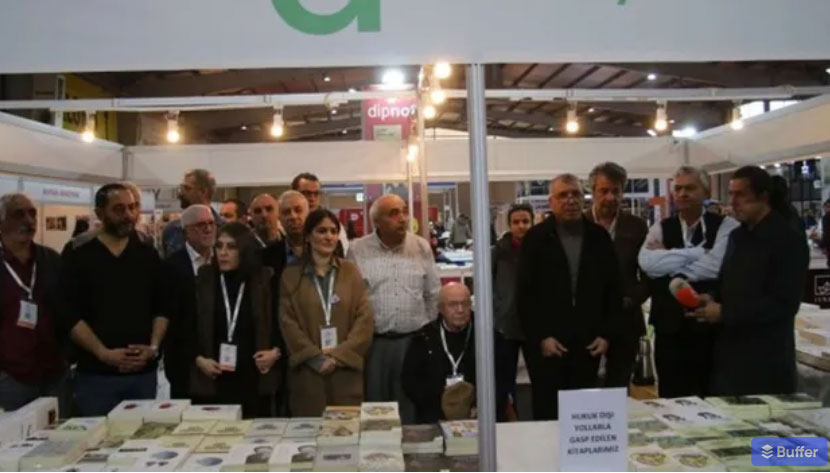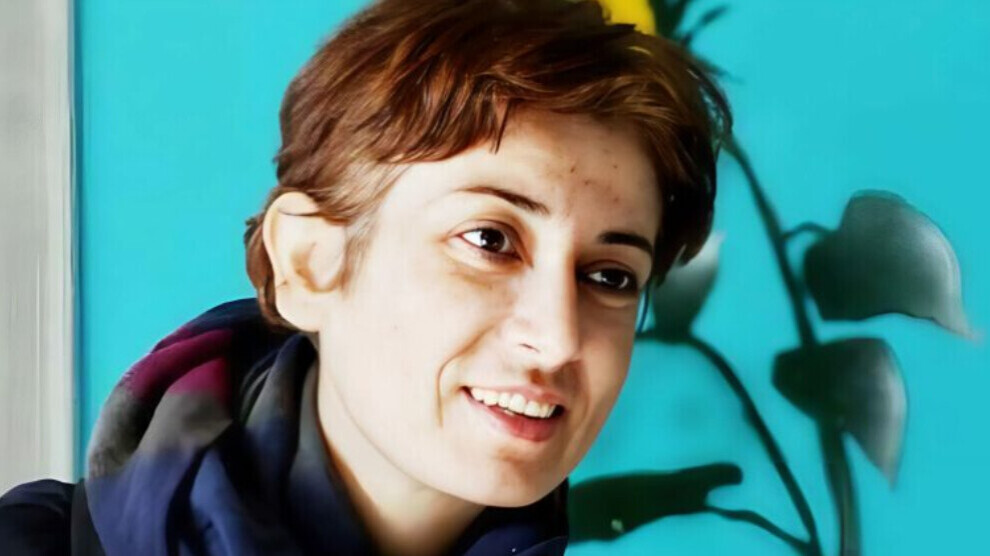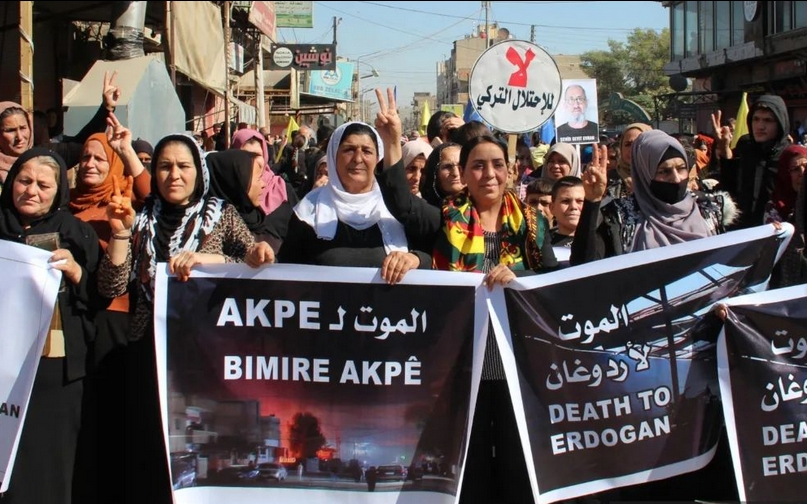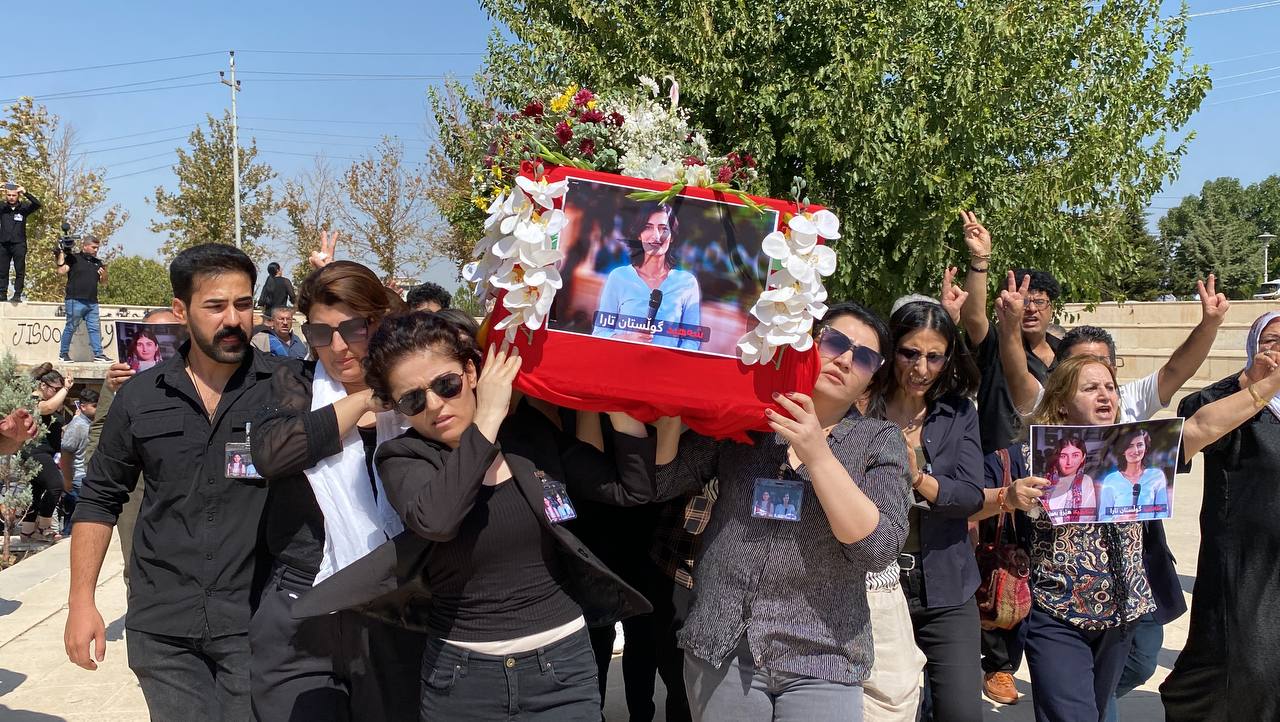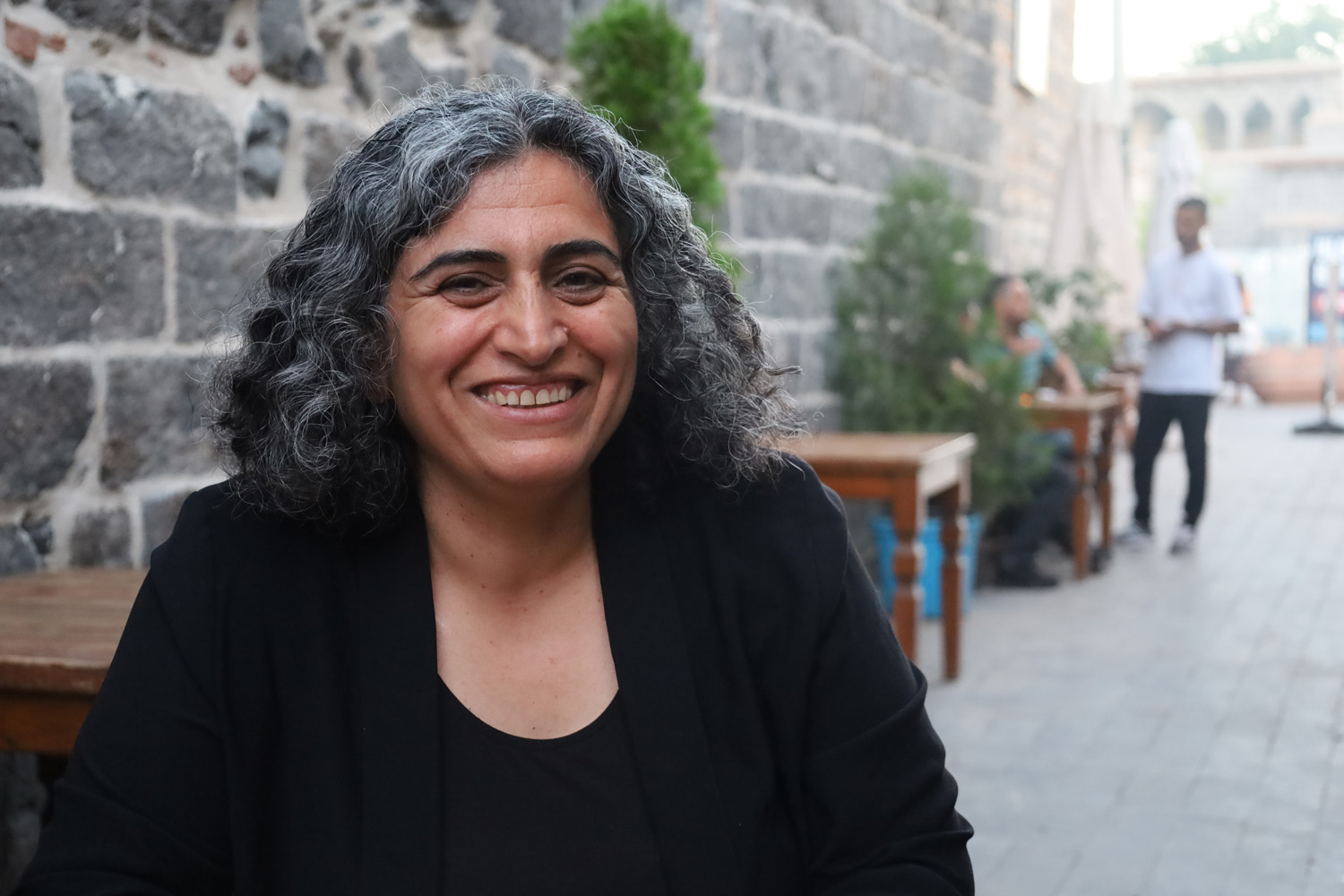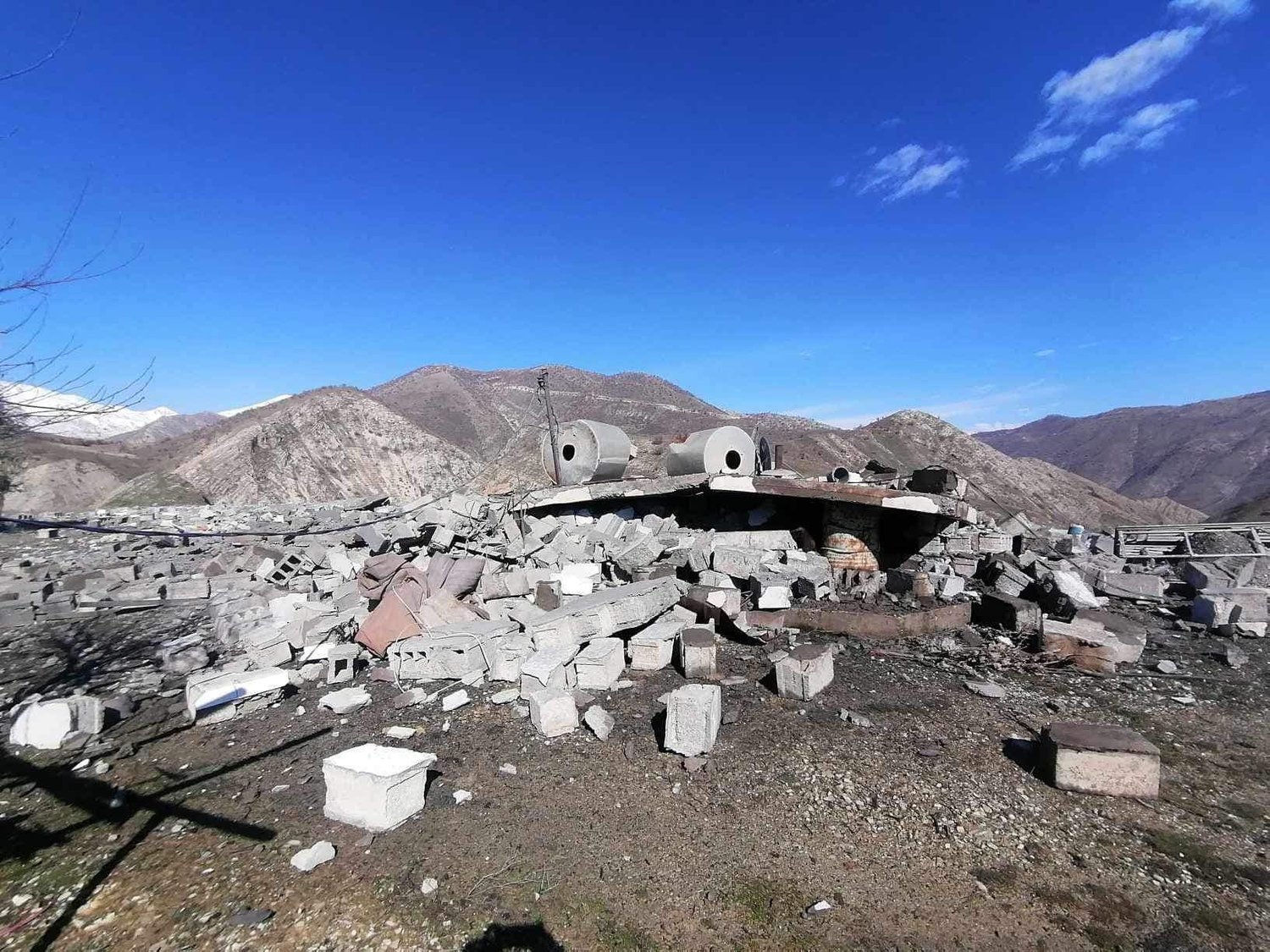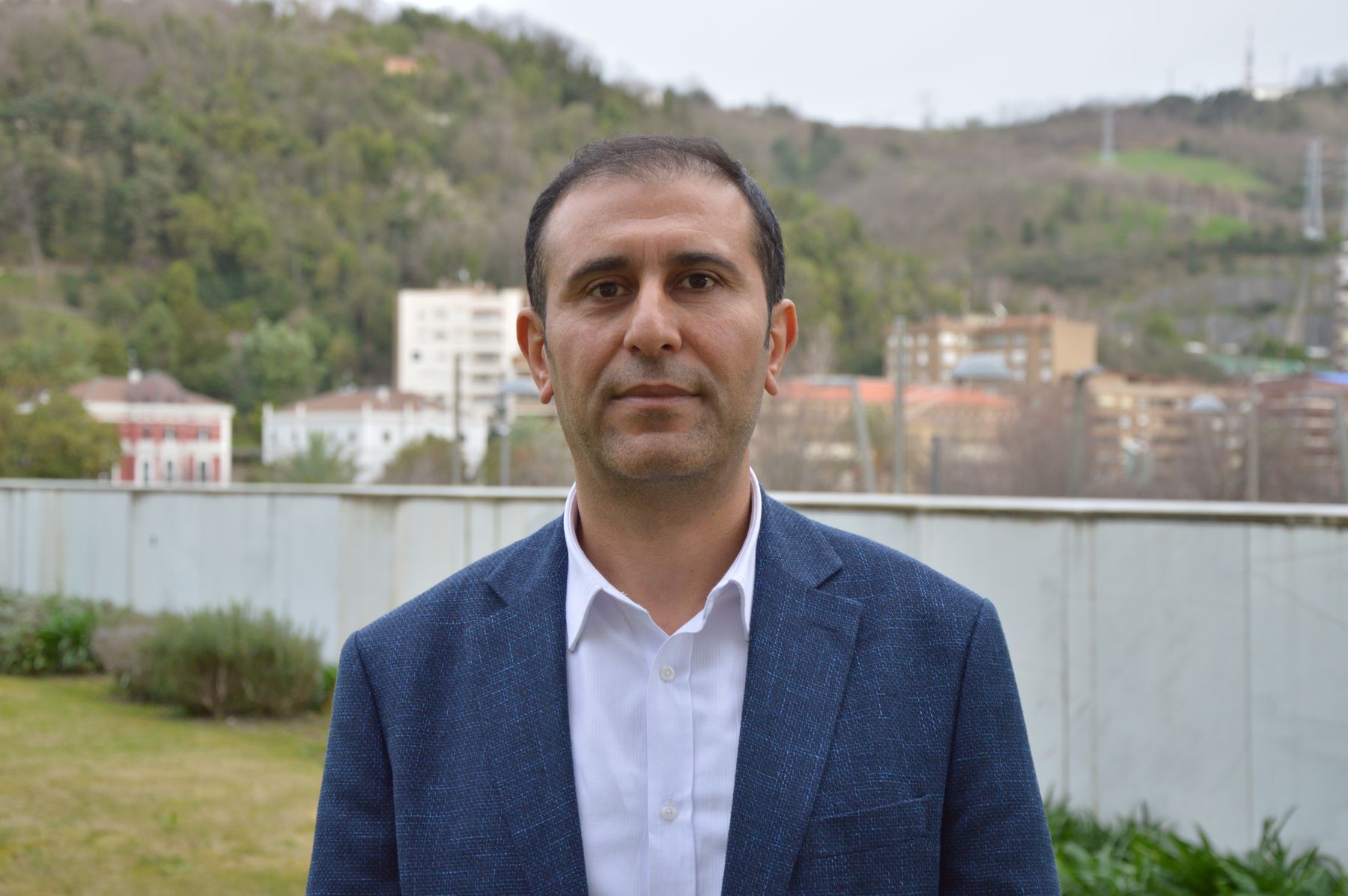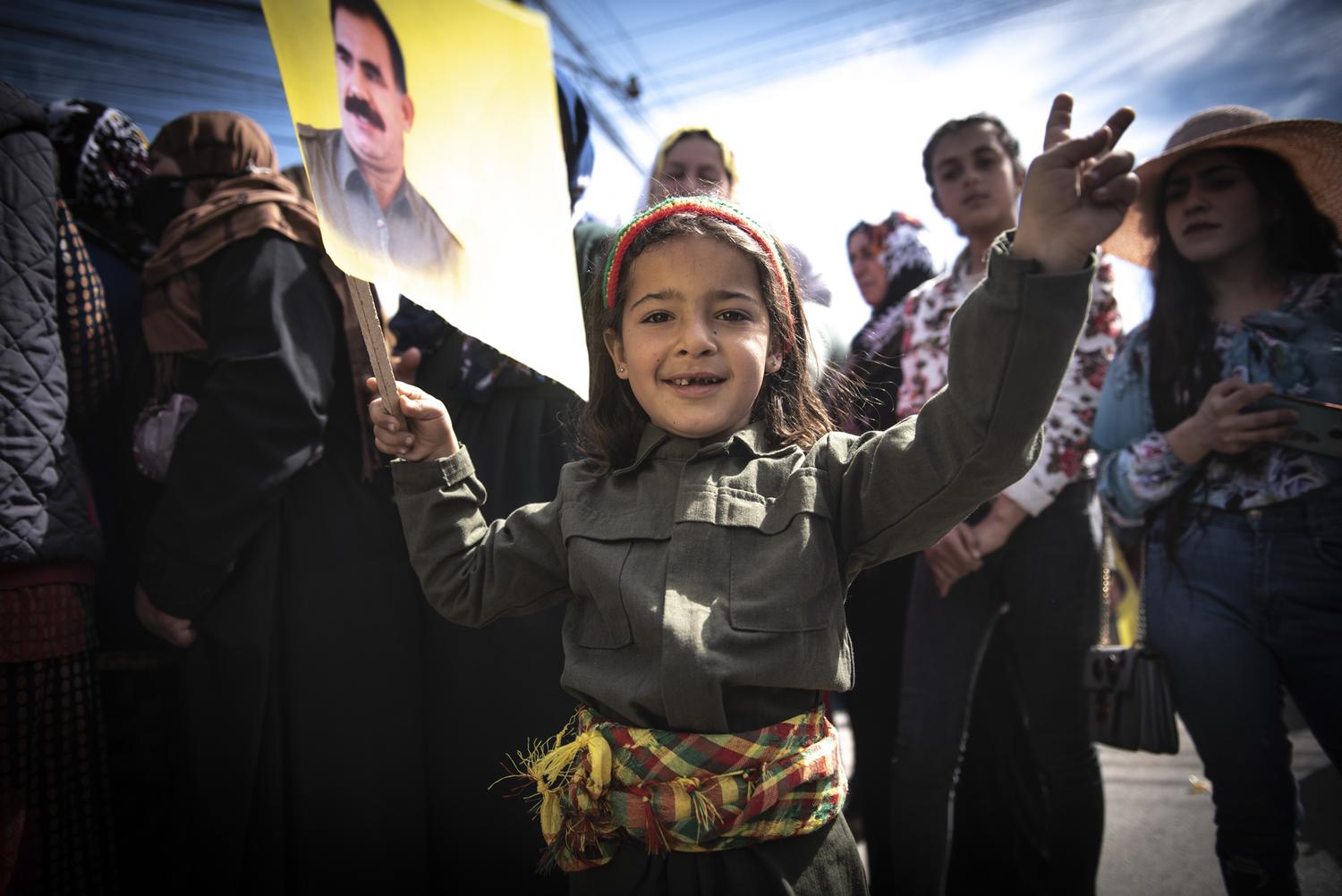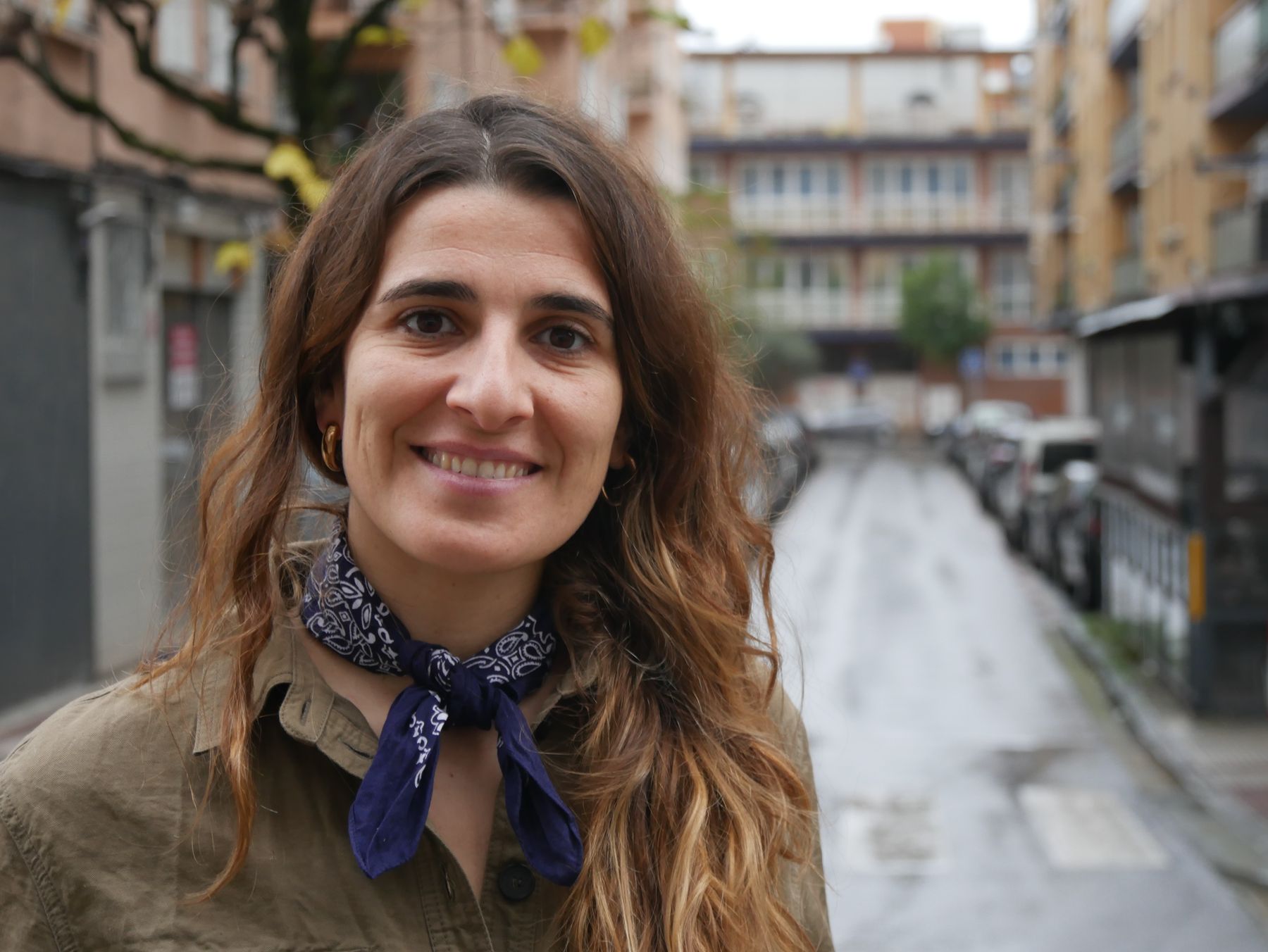"The health system is very weak because efforts have focused on defense against ISIS, Turkey and Al Assad"
- Ciwan Mustafa, with responsibilities in the health sector of the Northern and Eastern Self-Administration of Syria, can be considered health minister of the political project led by the Kurdish people. The Medical Action Coordinator, in cooperation with the NGO, spoke in the Basque Parliament in March to ensure that its department receives direct aid to promote its own projects.
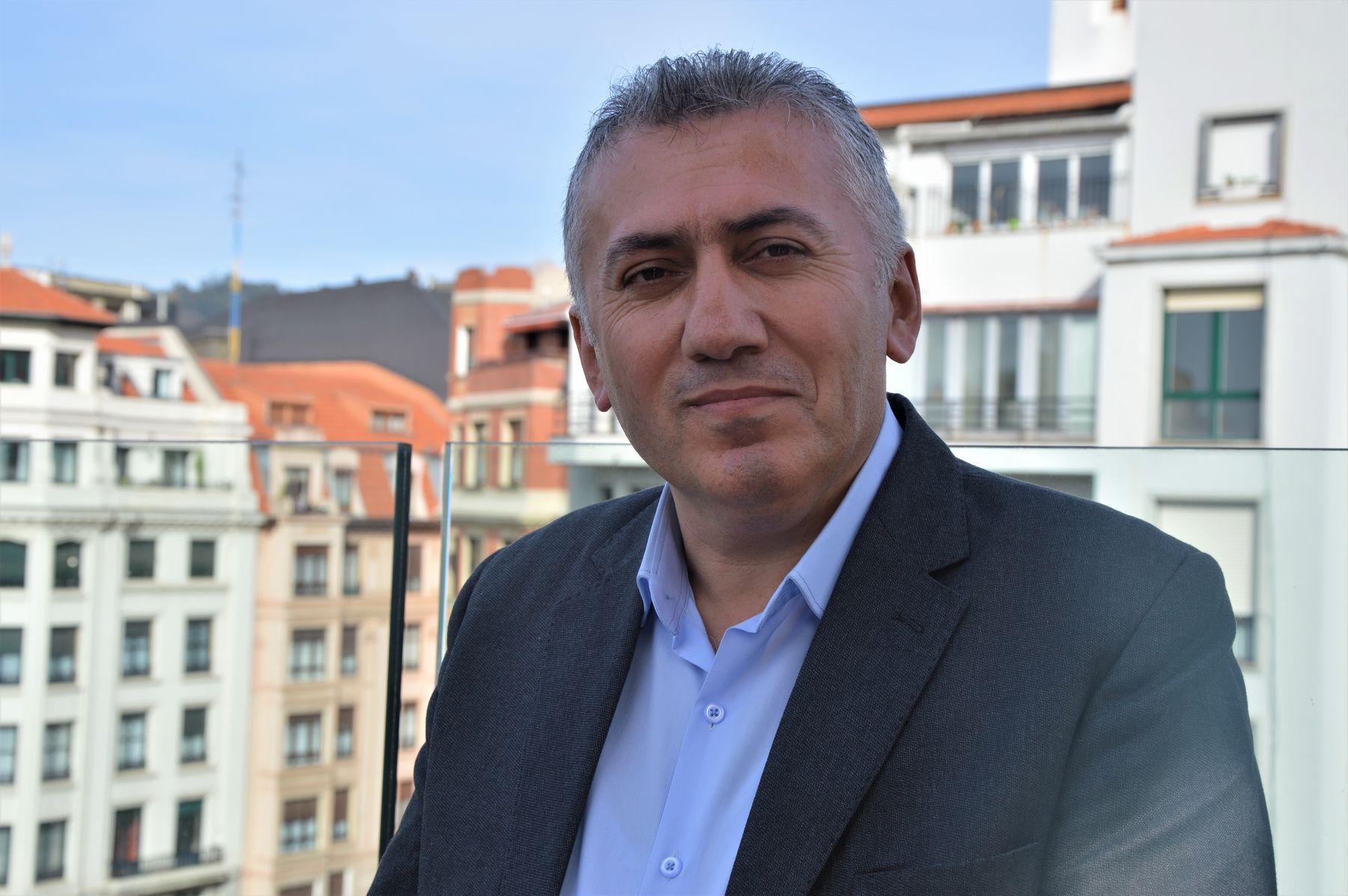
What is the state of the health system in Syria and in the northeast of the country? In Syria in
general and in the northeast in particular, the state of health is very difficult and the conditions are very adverse. The 12-year civil war has brought many difficulties and we want to change it. Efforts have focused on defence against the regime of Islamic State, Turkey and Al Assad, and the result is the fragile health system. That is why we have come here to see how the system has become here and to reflect on how the health system in Northern and Eastern Syria can be developed.
What are the most serious problems with administration? Health structures, i.e. hospitals, are
badly affected. In addition, we have a lack of doctors, who went a long way through the war. Finally, we have a great material and economic need. Lack of means leads to weakness in the health system.
What cases does your health system care for? At present, only the system can respond to emergencies. We cannot guarantee more
complex interventions and sometimes they address these cases outside our territory. Our system is not prepared to deal with the most serious or difficult cases.
Does
the public and private system exist? Yes, there is public and private sector, but, as I say, only we can respond to emergencies. The aim is for public centres to offer all services to citizens.
What has happened to the health system that managed the regime on its territory? The Syrian Government has
no control over our territory since 2012. It does not manage the health system, but it presses on other external agents to prevent or hinder the arrival of medicines or medical devices.
All around you, the lockdown is total, right? At present all border crossing points are closed. Semalka is the only point of entry between the Administration of North-West Syria and the Iraqi Autonomous Kurdistan, but this Kurdish body is an
ally of Turkey. Consequently, the Iraqi Kurdistan Autonomous Government has blocked the traffic in many goods and materials, placing many difficulties and obstacles. Furthermore, it is illegal, if we take into account international law, because it is not an official step.
Tel Kocher or Al Yaroubiyah (in Roman or Arabic) is the only international recognition, but in the United Nations Russia and China vetoed him and we do not expect him to reopen him. That is why only UN agencies can work through the Damascus government, which means that they need the Regime’s authorization to carry out any project in our territory.
What is the impact of Turkey’s continuing violence on health? The occupation of Turkey has a major impact on the health of citizens. The State of Turkey has closed the border since the beginning of the war and has occupied many territories: Afrin,
Giro Spi, Sereciye... It has cut the flow of water in Euphrates, causing difficulties in obtaining drinking water and other health problems. For example, it has produced epidemics of leishmaniasis or cholera.
After the earthquake, the situation worsens. We have tried to send aid to the occupied territories, but Turkey does not allow us access.
A similar situation has occurred in the case of the Assad regime, right? There are territories that join the Northern and Eastern Administration of Syria and that the government surrounds. Indeed, because of Turkey's attitude, it has not been possible to send aid from Idlibera, and the Syrian Government of Shehban and Sheikh Maksoud requires 60 per cent of the shipments to
be their own.
What problems have water scarcity brought you? It has been noted in many areas. Among the main problems is the inability to generate
electricity, which most of the power plants for the population have had to stop their activity, as the water level is too low to move the turbines.
From a health point of view, it should be added that last year we had a cholera epidemic, it was very difficult to deal with and we fear that it will happen again in summer. We also have thousands of cases of Leishmaniasis and for the first time we have had to intervene because the feeding of the children was not enough, because the harvest has been bad because of lack of water.
In other locations such as Hasaken, Tel Tamren and surrounding areas, drinking water supply is becoming more and more difficult. In total there are one million inhabitants in this territory and trucks must be used to have potable water, as Turkey stops the flow with its reservoirs.
How many people are in the North and East of Syria and how many are their health workers? We have a population of five and a half million
and about 4,000 and 4,500 health workers. Most are nurses and auxiliaries.
How is the relationship with non-governmental organizations? It is generally good, the problem is that non-governmental organizations
are working with the conditions and requirements of donors, with funds for international cooperation. This means that NGOs and donors decide what to do outside the Northern and Eastern Administration of Syria. In other words, there is no way that the funding of these funds will go directly to the Department of Health to carry out the necessary health measures.
How do you value the meeting held in the Basque Parliament? Positive. We have had the opportunity to explain our
situation and hope that it will serve as a starting point for building relationships and developing projects together. In short, we hope that these talks will be reflected in improving the conditions of citizenship.
Turkish helicopters and fighter aircraft cover the sky in the Kurdish area in northern Iraq. The Turkish Air Force has bombed 381 sites in the major military operation in recent weeks in the Kurdistan Autonomous Region (DRC). The Turkish Ministry of Defence has stated that "the... [+]
Urtzi Urrutikoetxea nazioarteko kazetariarekin mintzatu gara Radio Kobanen, iaz idatzitako Kurdistan-Argi bat ekialde hurbilean liburuari buruz. Testuak azken urteetako gertakizunei erreparatzen die, eta atzerago ere begiratzen du herri kurduaren egoera politikoa eta... [+]









